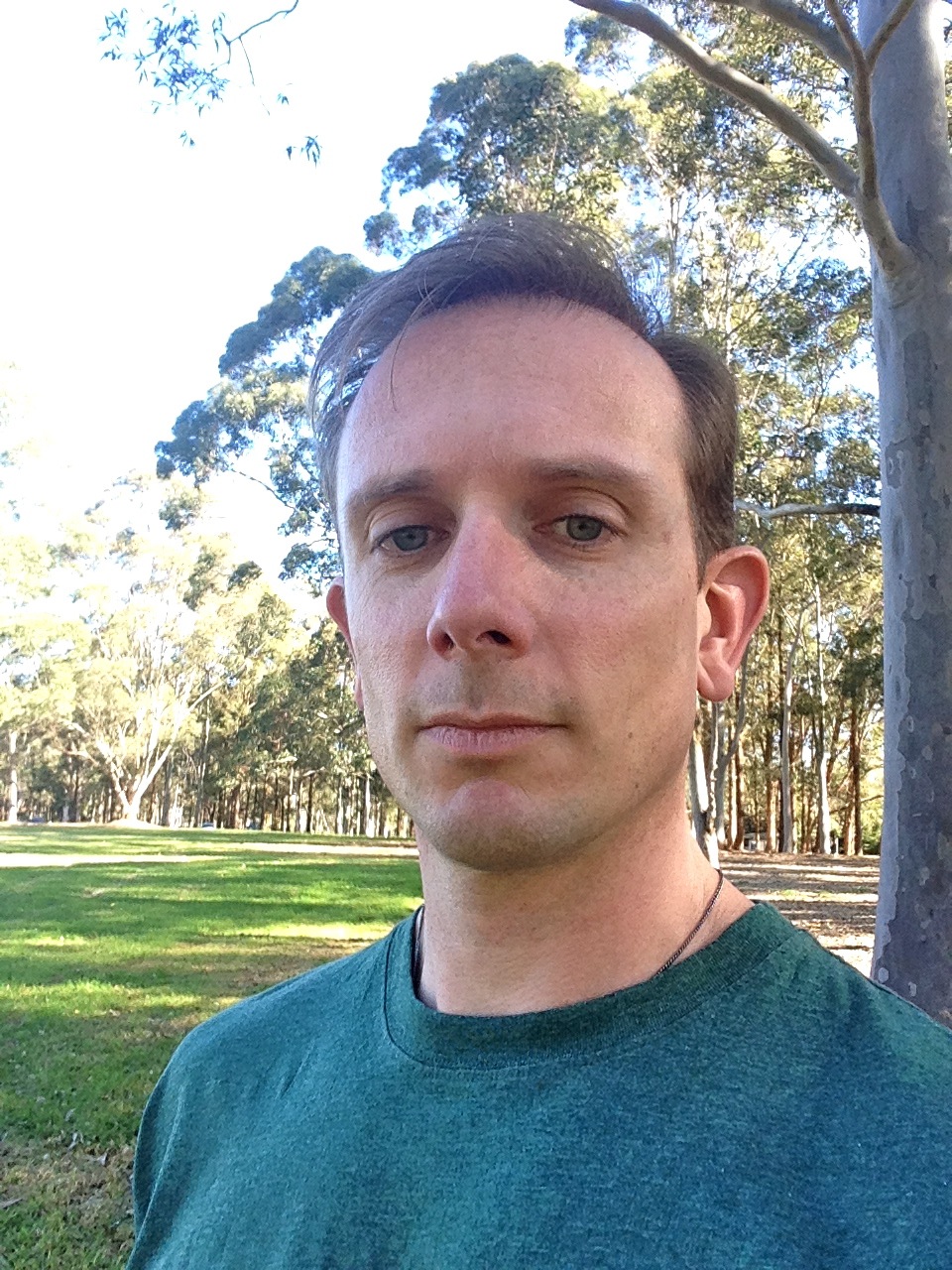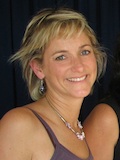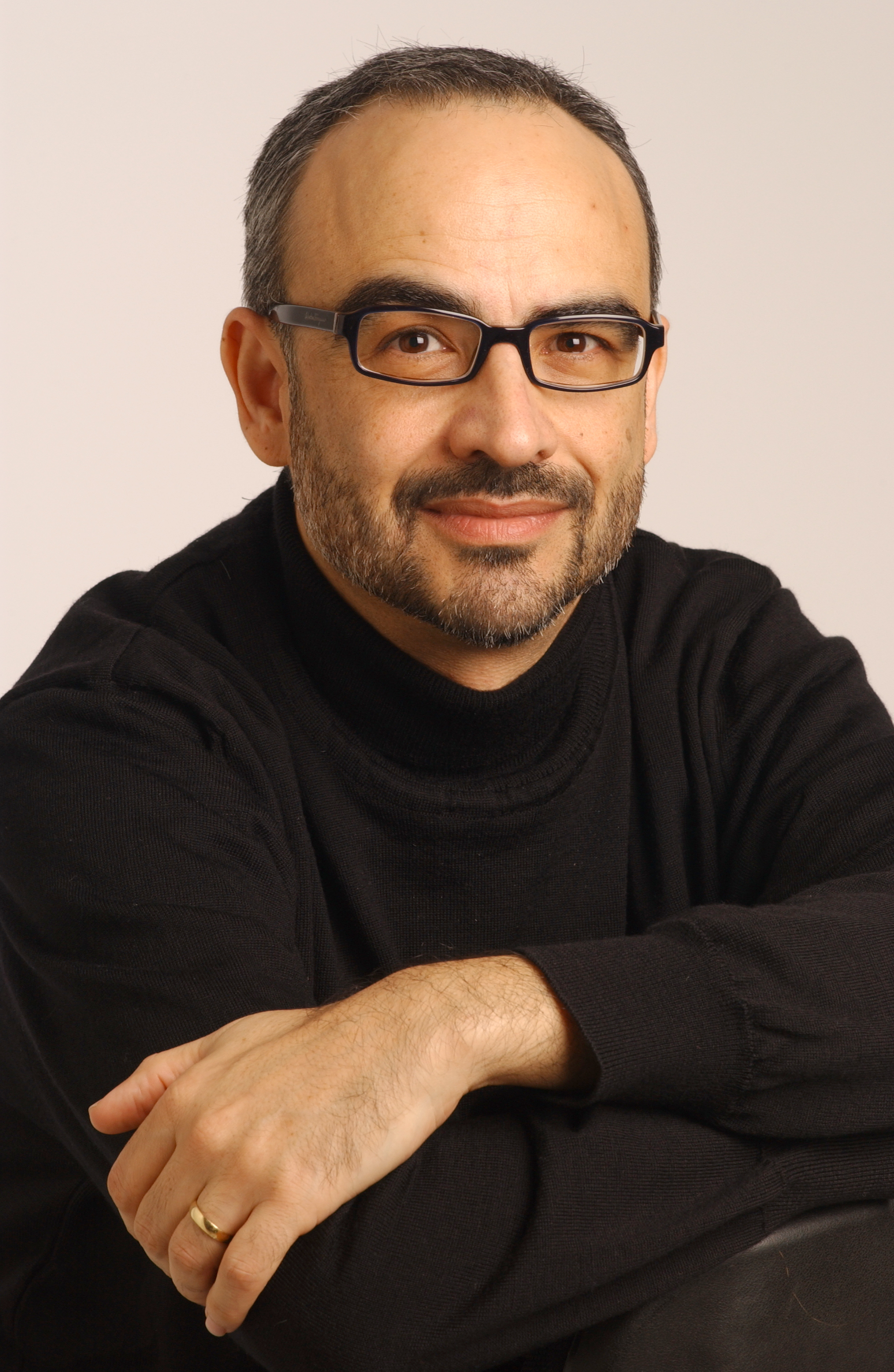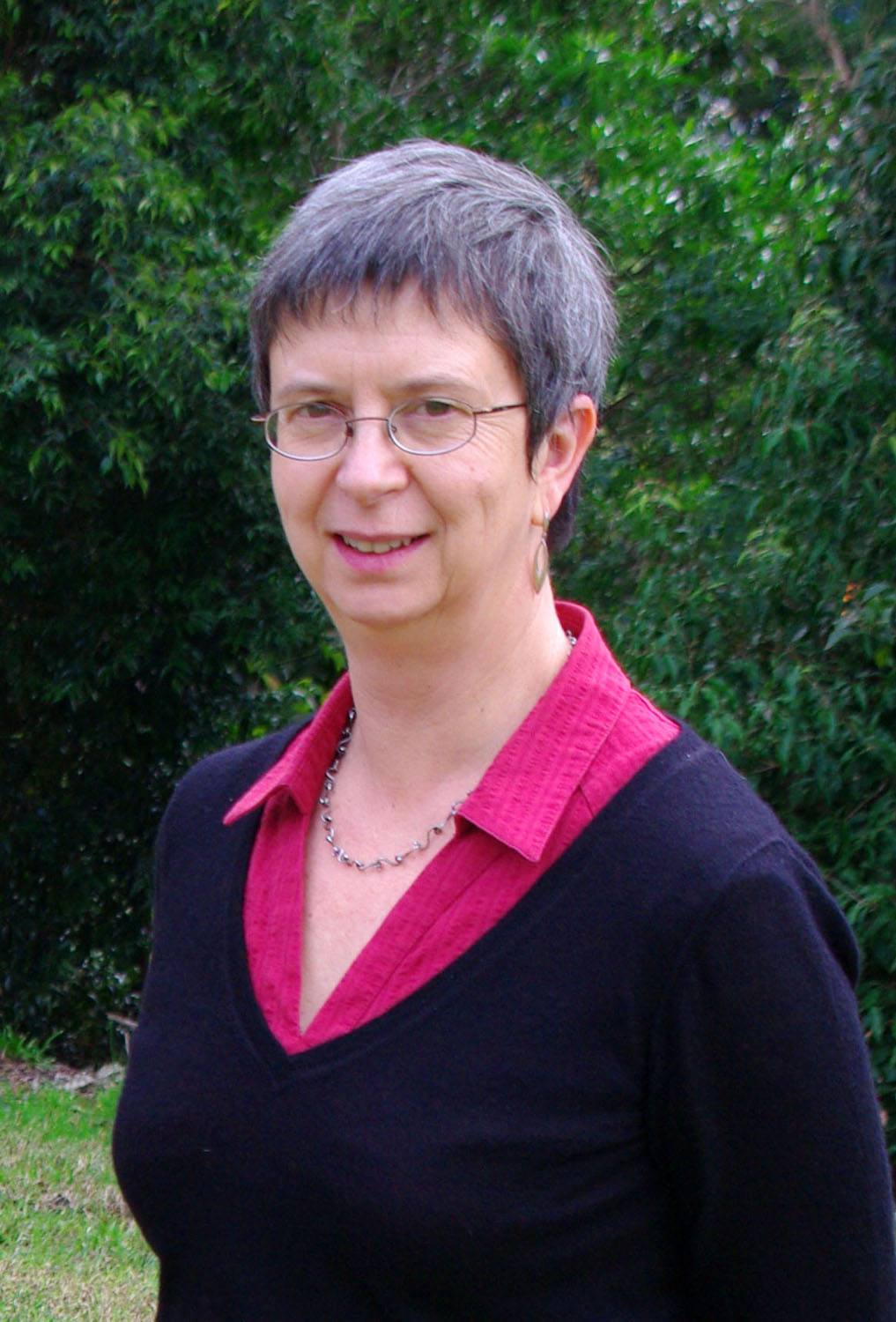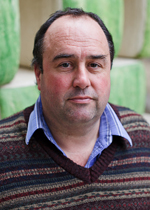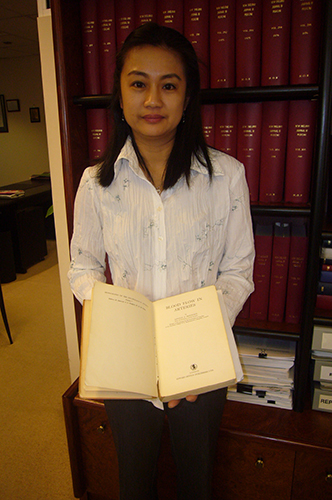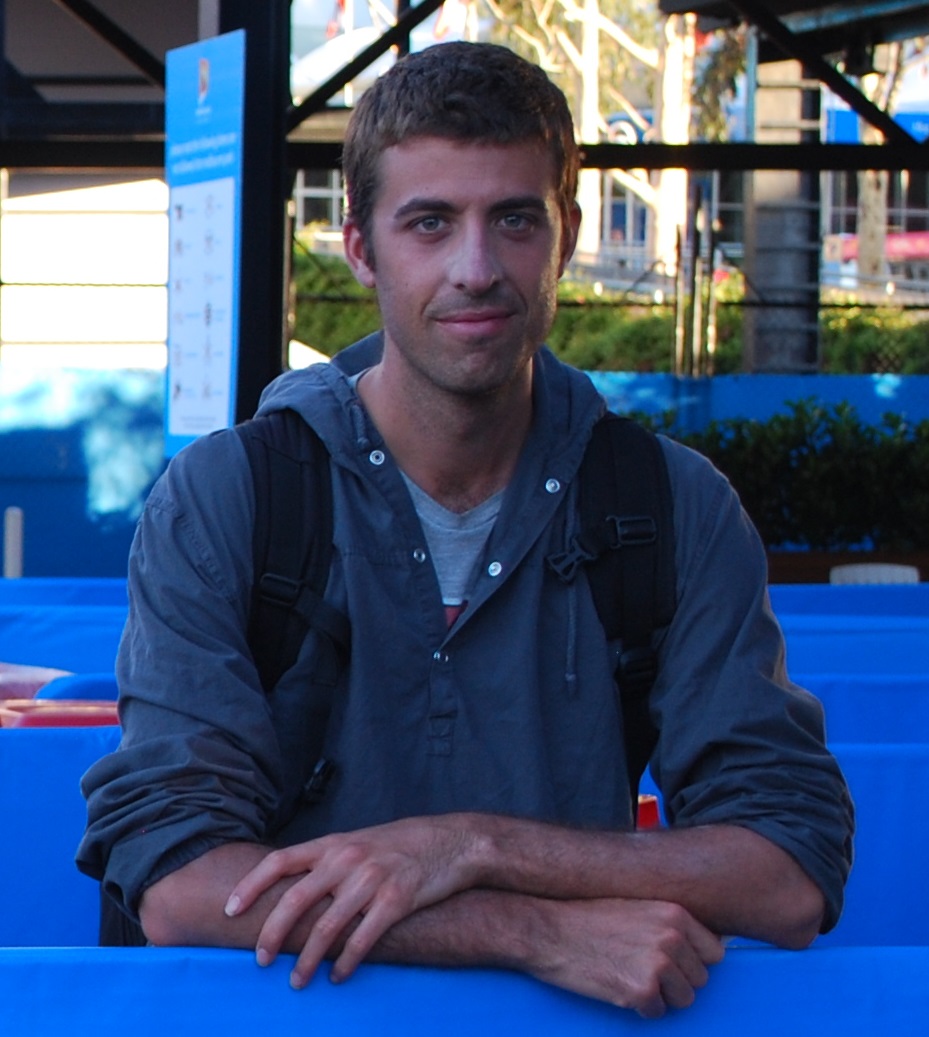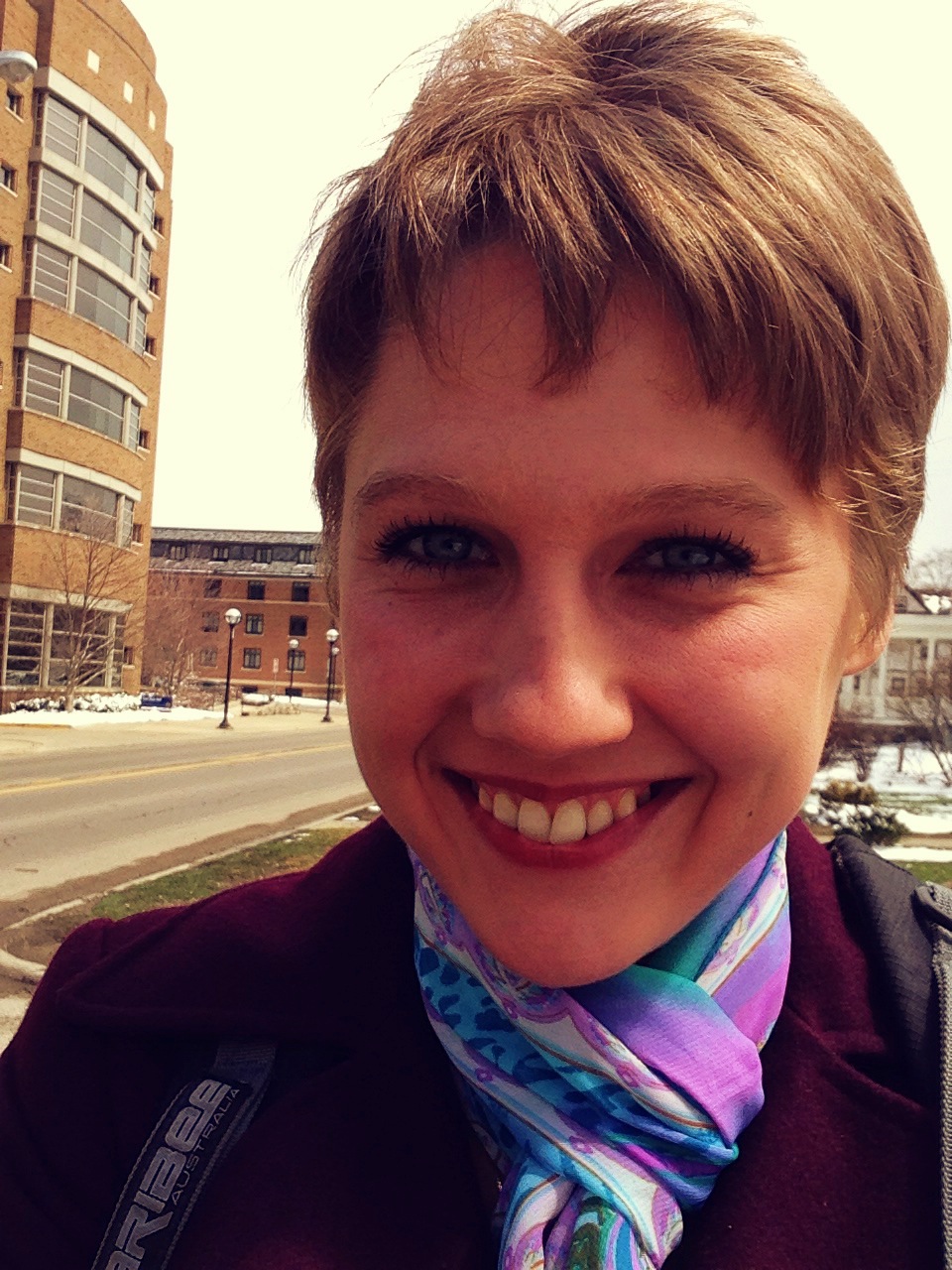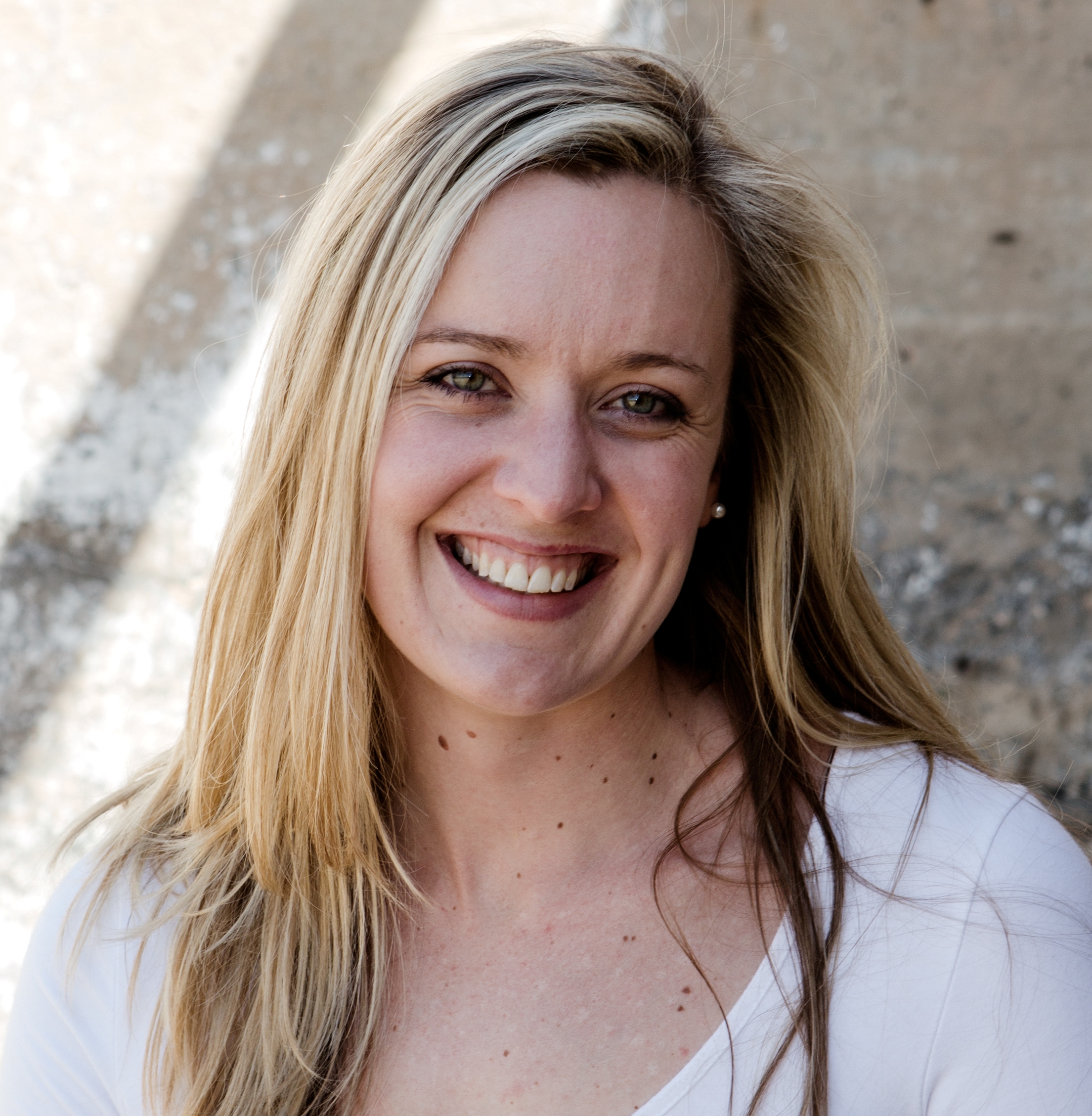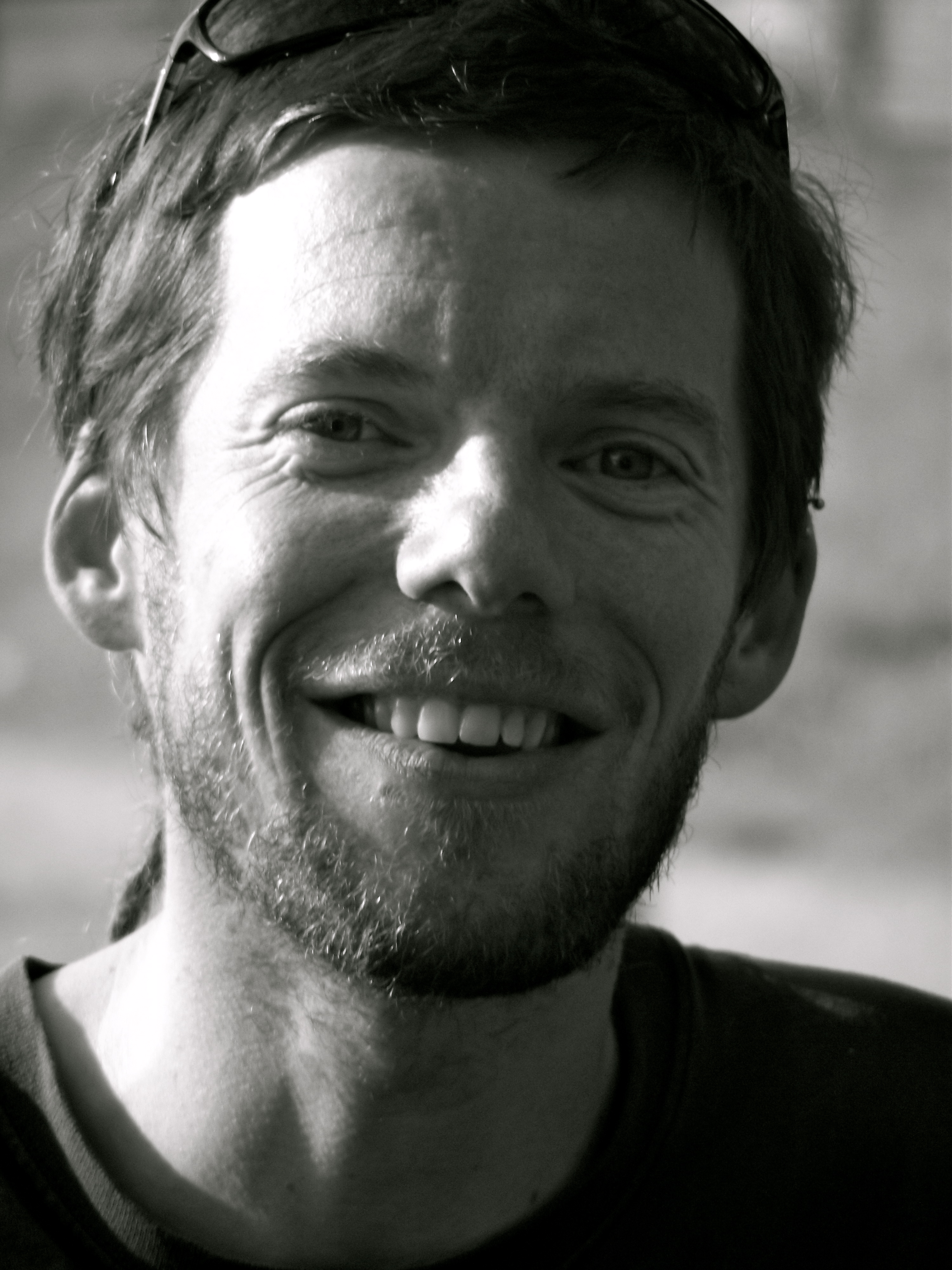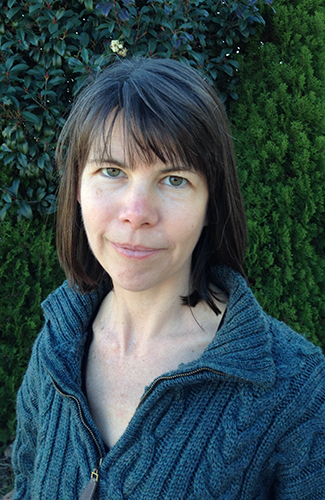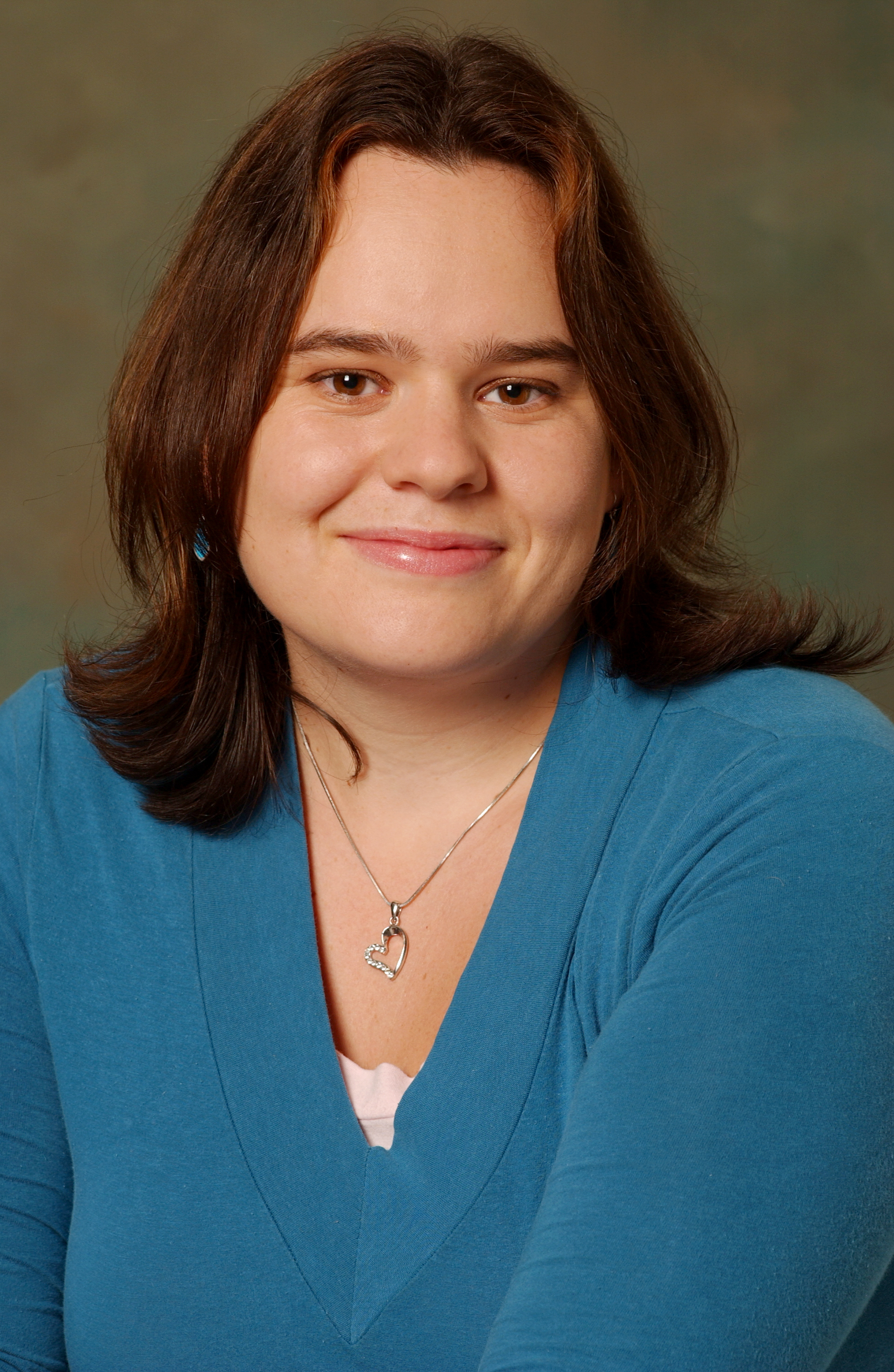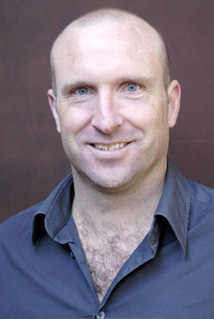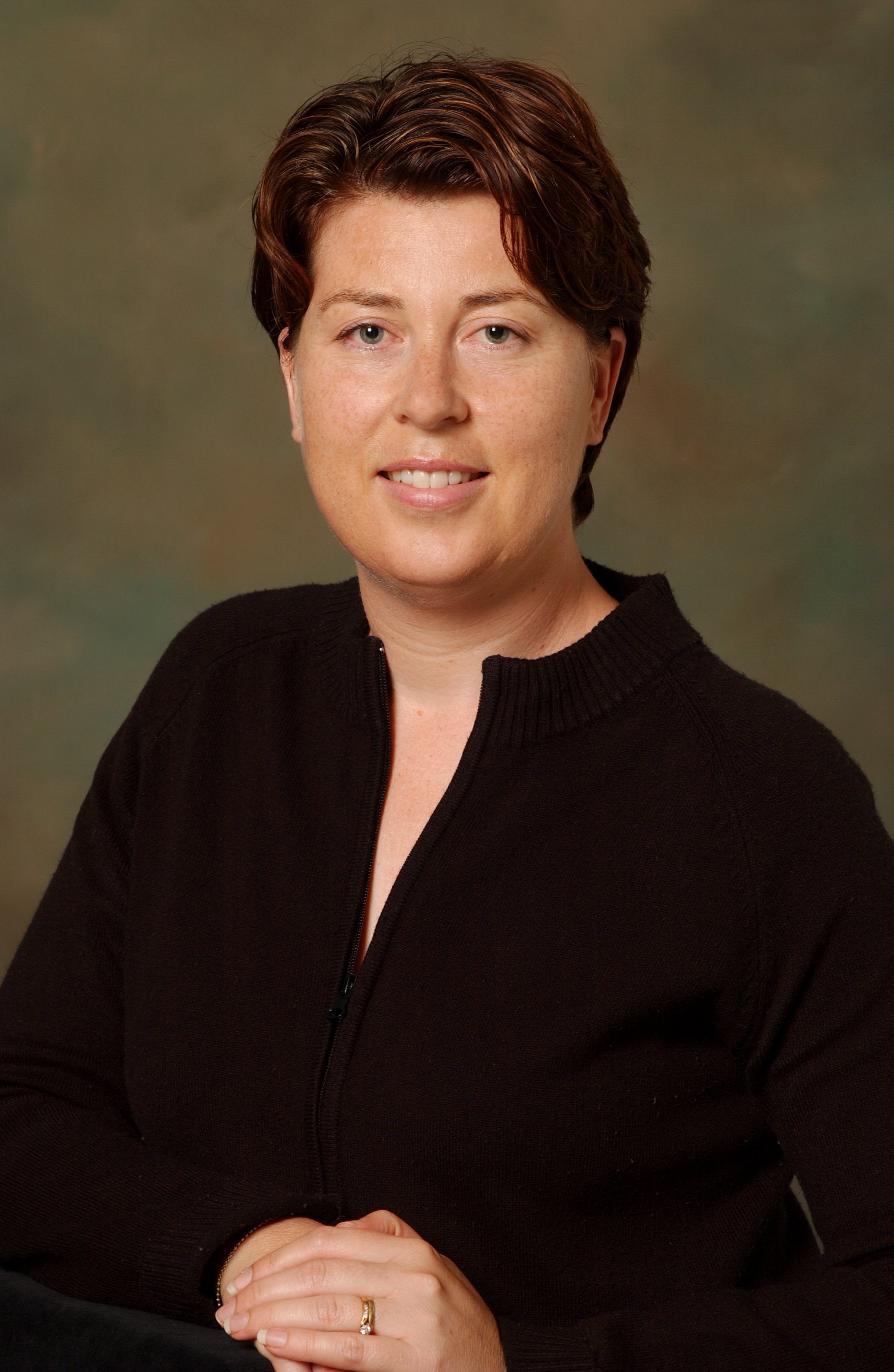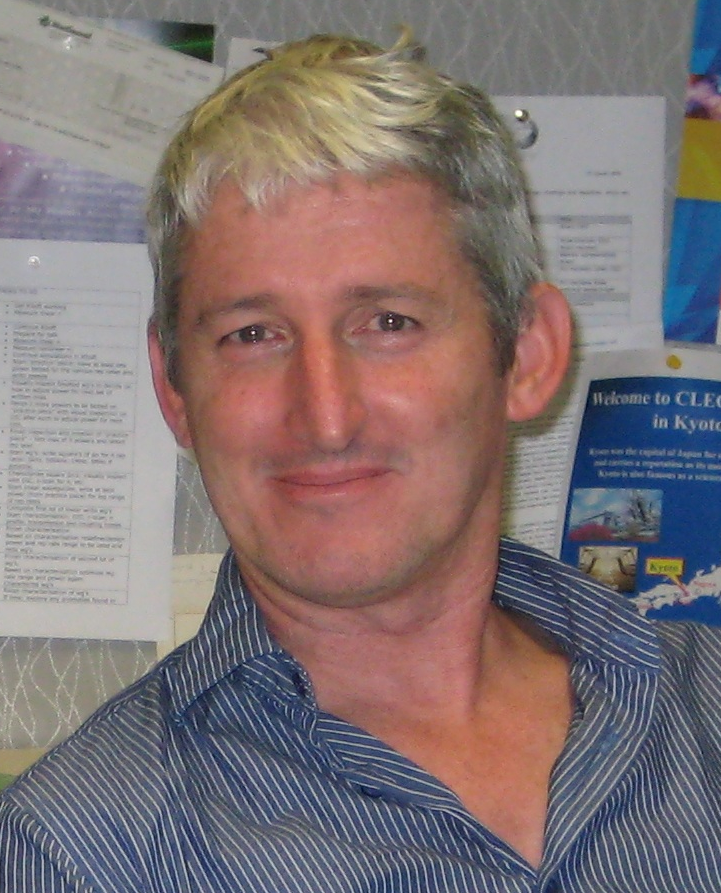Ms Laura Hammersley, Faculty of Science and Engineering
Responsible learning and ethical engagement: connecting undergraduates with indigenous community-based organisations
Ongoing issues of social justice, poverty and inequality mirror the increased civic participation in social, environmental, economic and community development initiatives. This research examines the increased civic participation in community development through the higher education initiative, community-based service-learning (CBSL). CBSL integrates experiential learning and academic goals with organised activities designed to meet objectives of community partners. A continuing bias however, of research toward student learning objectives, means little is known if programs support community interests. This research works with, and focuses on, the perspectives of Indigenous community-based organisations in Sabah, Malaysia and the Northern Territory, Australia who host students through the Macquarie University Professional and Community Engagement Initiative to ensure ethical and reciprocal CBSL practice.

